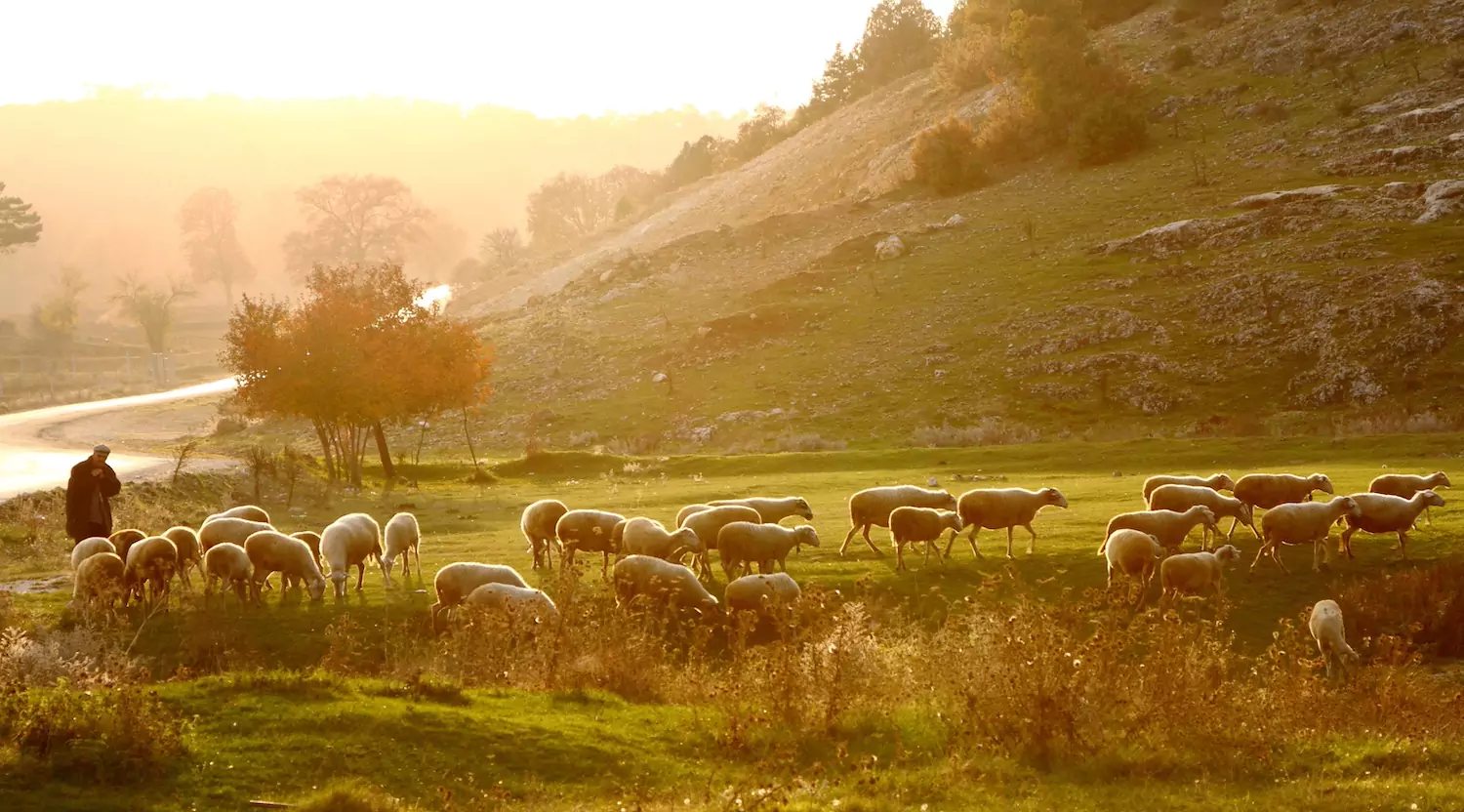Advent Devotional Week 4: Three Responses We Should Have to the Birth of Christ
At the beginning of Luke 2, the angel of the Lord declared the good news that God’s salvation had arrived in the form of a baby lying in a manger (Luke 2:11-12). The drama of the moment could hardly be greater, as the lone angel was suddenly surrounded by a “multitude of the heavenly host praising God” in the strongest terms (Luke 2:13-14). In contrast, the birth narrative ends somewhat unspectacularly, with Mary and the shepherds returning to what will be their normal (though certainly transformed) lives. But perhaps that is where we can most easily find ourselves in the story, responding to the arrival of the Savior.
We read there:
And all who heard it wondered at what the shepherds told them. But Mary treasured up all these things, pondering them in her heart. And the shepherds returned, glorifying and praising God for all they had heard and seen, as it had been told them. (Luke 2:18-20)
Ponder all that happened
Briefly notice three responses that Luke records for us. First, Mary thought carefully about the meaning of these events. Luke tells us that she “treasured up all these things, pondering them in her heart.” Mary was not a trained theologian; she wouldn’t have understood fully how these things fit in with the Old Testament’s promises of the coming Messiah. And she certainly didn’t know that this miraculous birth would lead her son to the cross and a miraculous resurrection. And so she pondered; she tried to wrap her mind around what she had seen and heard.
And this Christmas season, we would do well to join her in pondering, in meditating carefully on all that happened. Let’s remember the events themselves and when they became real to you.
Remember how the gospel struck you then and how good the Good News seemed when you came to Christ. Don’t let your affections grow cold over time, but “treasure” in your heart the Christ who took on flesh to save you.
Bear witness
The second response we see in Luke’s narrative is that the shepherds spread the news. It seems from verse 18 that many people heard the shepherds’ story, which makes sense. They had met an angel of the Lord who proclaimed the coming of the Christ. They had been given a glimpse of a celestial choir singing God’s praises. And their natural response was to go out and tell other people about what had happened.
After all, how could they stay silent? If ever anyone had a story worth telling, it was these shepherds. If ever there was something worth telling on the mountain, it was the news the shepherds brought. They didn’t need evangelism training; it doesn’t seem they felt any external pressure or obligation to make converts. They did what came naturally to them – they bore witness to what they had seen and heard.
Pastors sometimes make a big deal about evangelism, and rightly so. There is a place and a time for programs and courses that help people share the good news about Jesus with a lost world. But when it boils down to it, the thing that would transform our evangelism most (and that of our church members) is probably more excitement about the good news. Think about the last thing that excited you – your favorite team winning the big game, your kid getting into a prestigious college, a band you love putting out a new album, or maybe a new grandchild. My guess is that you didn’t find it difficult to talk about those things because we love to talk about the things that capture our hearts. So this Christmas, let the “good news of great joy” saturate your heart until it overflows to others.
Praise and glorify God!
The third response to the birth of the Christ that we see in these verses is the shepherds glorifying and praising God for all He has done. Of course, they had seen this modeled for them well by the celestial host (Luke 2:13), but my guess is that they would have figured it out on their own. They had discovered everything just as the angel had told them, and so they marveled at the love, faithfulness, wisdom, and power of God that they had witnessed.
And so it is for us. Christmas is a wonderful time to praise the Lord and give him glory for sending a Savior; this is why we have Christmas carols! We who have so much more information than Mary or the shepherds about what God was about to do should sing with the angels, the shepherds, and Christians all through time, “Glory to God in the Highest!… Gloria in Excelsis Deo!”
©2023 Michael McKinley. Used with permission.
About The Author

Michael McKinley
Mike McKinley is the Lead Pastor at Sterling Park Baptist Church, near Washington, DC. In addition to his pastoral duties, Miked has authored roughly a dozen books.








